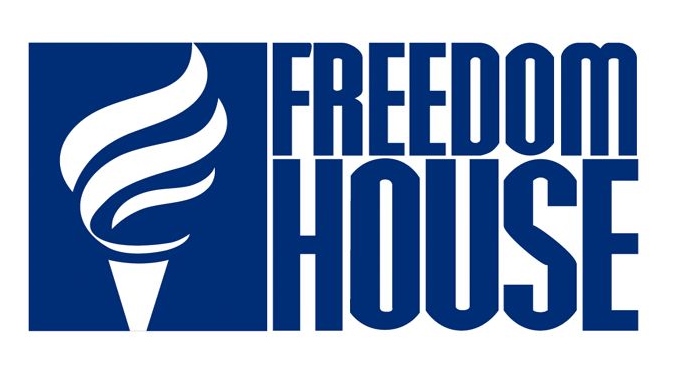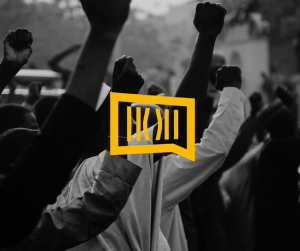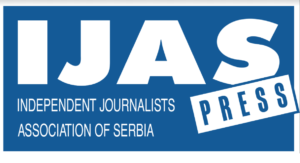Freedom House said in its latest report on the state of democracy in the world that political rights and civil liberties in Serbia have been eroded by the ruling party over the past few years.
“Serbia is a parliamentary democracy with competitive multiparty elections, but in recent years the ruling Serbian Progressive Party (SNS) has steadily eroded political rights and civil liberties, putting pressure on independent media, the political opposition, and civil society organizations,” the Freedom House report for 2023 said.
Serbia was classed as partly free in the report.
The report said that local and international observers reported numerous irregularities during the campaign and on election day. “During the campaign, several factors resulted in an unequal electoral environment for candidates and provided undue advantages to the SNS. These included the disproportionately high media access afforded to pro-government parties, pressure on public sector employees and socioeconomically at-risk residents to support the incumbents, the abuse of administrative resources, and the central role of the President Vucic in the election,” it said.
According to Freedom House, Serbia’s electoral laws largely correspond to international standards, but aspects of the electoral process are poorly regulated, and implementation of existing rules is flawed. It added that campaign finance regulations are weakly enforced and place no overall cap on the private funds raised and spent by parties and candidates.
It said that the SNS has manipulated the timing of elections, exerted pressure on state institutions, bused in voters from neighboring countries and used public resources to support its campaigns. It has also expanded its influence over the media through its effective control of both state-owned enterprises and an array of private outlets that are dependent on government funding, and has harnessed this influence to strengthen its political position and discredit its rivals, further reducing opposition parties’ competitiveness. Opposition figures have also faced escalating harassment, intimidation, manipulation, and violence in recent years, resulting in the suppression of opposition parties’ political representation at every level,” the report said and added that there are allegations of the ruling party and allied private businesses using patronage networks to influence political outcomes.
Media freedom is also undermined by the threat of lawsuits or criminal charges against journalists for other offenses, lack of transparency in media ownership, editorial pressure from politicians and politically connected media owners, direct pressure and threats against journalists, and high rates of self-censorship. The media environment features extreme propaganda and the manipulation of facts.
Various incentives have also been employed in recent years to convince hundreds of local elected officials to form alliances with the SNS or change their party affiliation after elections, it said.
IT said that ethnic minorities have a relatively muted voice in Serbian politics in practice and that women enjoy equal political rights and benefit from a party-list gender quota.
Although the number of arrests and prosecutions for corruption has risen in recent years, high-profile convictions are very rare, the report said and added that critics have credibly accused Vucic and the SNS government of having ties to organized crime, and cronyism. Whistle-blowers and members of law enforcement who disclosed the potentially corrupt practices of government officials have faced pressure from state institutions, including removal from their positions and arrest.
According to the report, the government has received sustained criticism for a lack of transparency in large-scale infrastructure projects and for secrecy surrounding public tenders. The Law on Public Procurement has not been applied to the state-funded Belgrade Waterfront project, the construction of the Moravski corridor highway by Chinese companies, the South Stream gas pipeline, or the exhibition area for EXPO 2027.
The independence of the judiciary is compromised by political influence over judicial appointments, and many judges have reported facing external pressure regarding their rulings. Politicians regularly comment on judicial matters, including by discussing ongoing cases or investigations with the media.
Source: N1




